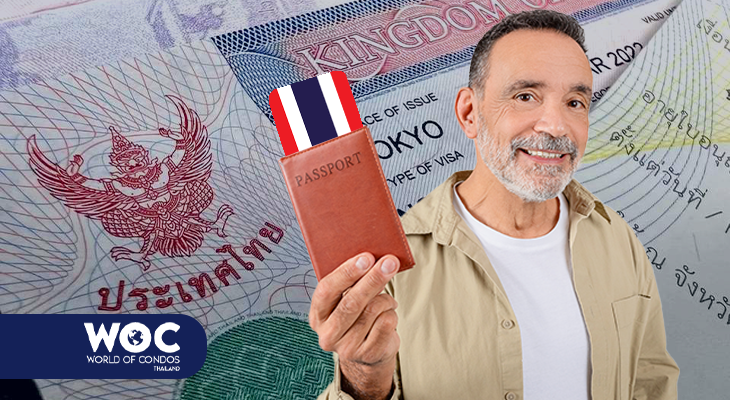Thailand Tourist Visa Reduced from 60 Days to 30 Days
-

- Burak Pehlivan
- 03/24/2025

Thailand attracts attention not only with its beautiful beaches and rich culture, but also with the visa alternatives it offers to tourists. Currently, the 60-day visa, which is valid for most tourists, actually represents a significant income for the tourism sector as well as for local and foreign investors. However, this flexibility has created some problems, and a decision to shorten this period is currently bringing the issue of reducing the visa period to the agenda.
1. Why is the Thailand Tourist Visa Being Shortened: It is planned to be reduced from 60 days to 30 days!
1.1 Illegal Activities
The Thai Travel Agents Association has investigated whether an increasing number of foreign visitors are coming for tourism purposes, while another group is involved in business or illegal activities. We can say that the government will make a decision to reduce the visa period in order to prevent this situation.
1.2 Leasing Issues
According to the Bangkok Post, the Thai Hotel Association says the 60-day stay limit has resulted in some foreign visitors renting illegal apartments, which has negatively impacted the local economy and created injustice in the accommodation sector.
2.Government's Statements Regarding the Decision Taken
The Thai government said shortening visa periods could potentially prevent abuse of the waiver period without harming tourism, in the hope of curbing unlawful practices.
2.1 Official Statements and Transitional Measures
Although no official date has been set, it is expected that this change will be implemented in the near future. It has also been reported that there may be possible exemptions for passengers who have already made a reservation and that transitional measures will be put in place. This could allow for a quick resolution of the current situation.
3. Impacts on the Tourism Sector
It is a matter of curiosity how the change in visa periods will affect tourism in Thailand. First of all, the shortening of the length of stay of tourists may cause a decrease in token entry and tourist spending. However, it is expected that this situation will benefit the sector in the long term and contribute to the formation of a sustainable tourism approach.
3.1 Impact on Local Economy
Since Thailand’s local economy is heavily dependent on tourism, the potential impact of a drop in tourist numbers could be profound. Local businesses, cafes and restaurants could also be affected by this change. However, the government’s crackdown on illegal activities could help the sector become healthier.
3.2 Long-Term Tourism Strategies
In the future, Thailand may reconsider its tourism strategies. More effectively managed tourism should ensure sustainability for both locals and tourists.
4. Conclusion
The tourist visa restriction in Thailand is a sign of the government’s efforts to protect the tourism industry from illegal activities and to create a healthier accommodation system. In the long term, the effects of these changes will become clear over time. This decision is very important for the future of the tourism industry and the local economy, and is a matter that should be taken into consideration by both tourists and the Thai people.
Short-term changes could potentially present opportunities to develop the tourism industry. However, reducing illegal activities and preventing further illegal accommodation could be a positive development for tourism in Thailand.